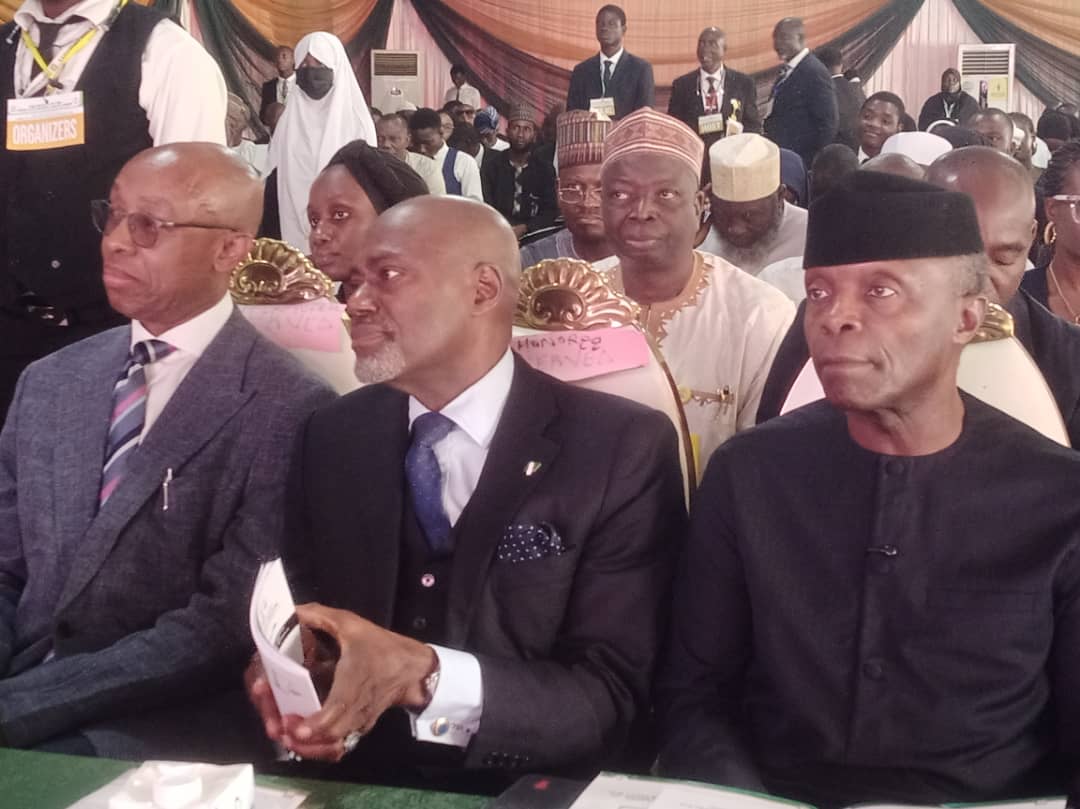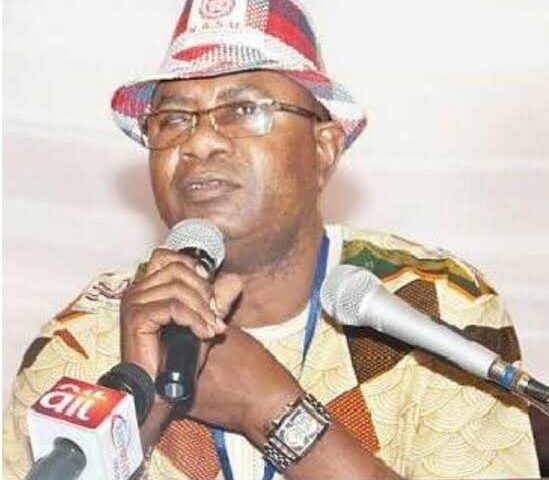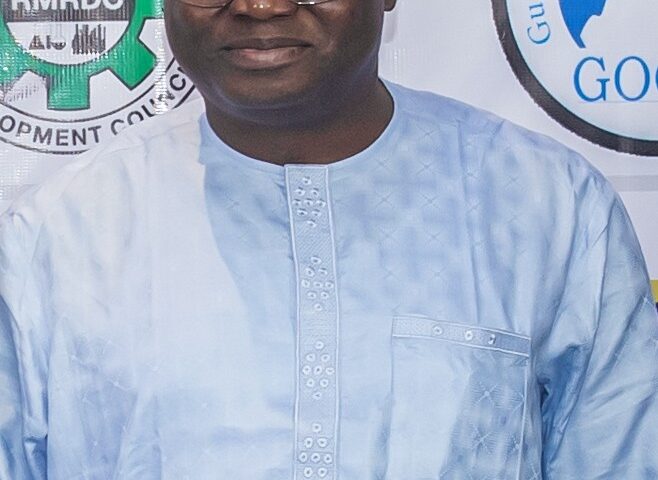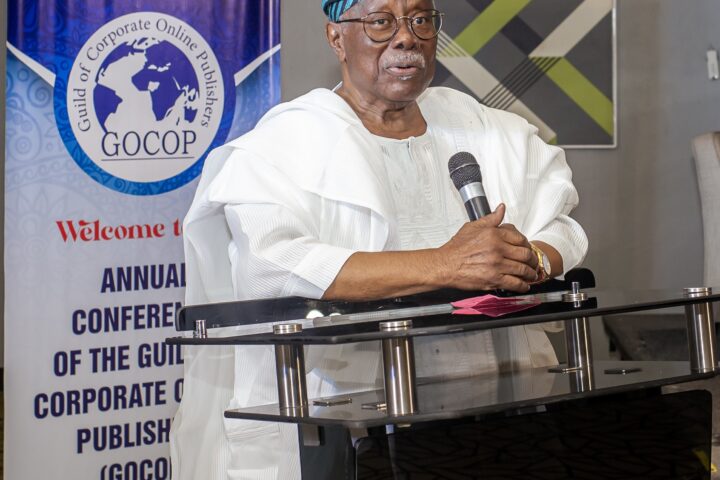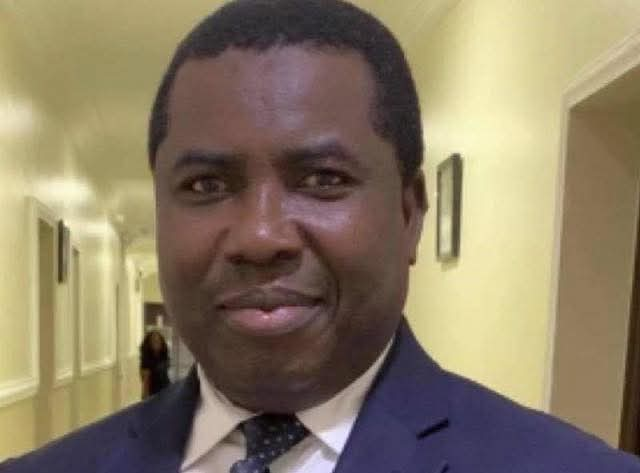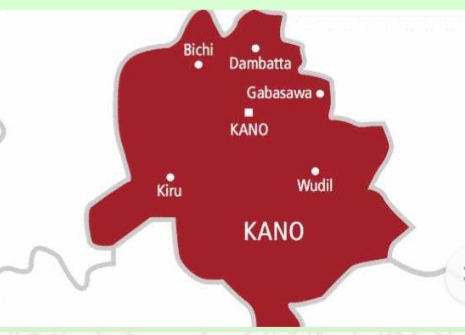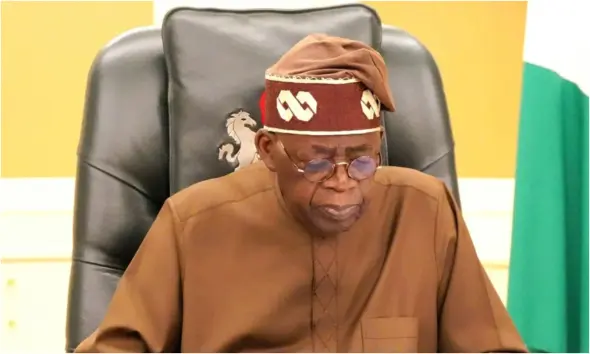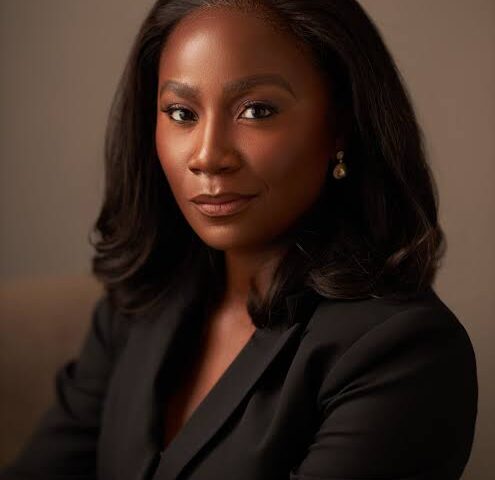A human rights activist, Professor Chidi Anselm Odinkalu has implored Nigeria to decolonize its legal education and governance systems by returning history to the classroom and rethinking the way law is taught and practiced.
He spoke at the 2nd Prof Yusuf Olaolu Ali, SAN Annual Lecture at the Kwara State University (KWASU), which was themed, “Decolonizing Legal Briefs: Towards Implementation of the Local Content Law for the Benefit of Nigerian Lawyers.”
The lecture, chaired by Prof Yemi Osinbajo, SAN, Nigeria’s former Vice President, Odinkalu lamented that Nigeria’s legal system remains ideationally dependent on colonial structures, a situation he said has stunted both national development and the evolution of a justice system truly reflective of Nigerian realities.
He said:“There is ideational dependence in our teaching and practice of law,” he said. “We export our role models to colonialists who never saw Africans as human beings in the first place.”
He referenced the elevation of British legal icons like Lord Denning in Nigerian classrooms as an example of misplaced reverence, adding that British lawyers could never have handled the complexity of Nigerian law the way our own jurists like Prof Yusuf Ali or Prof Osinbajo can.
To address the situation, Odinkalu,said remedy begins with teaching history—not just as an academic subject, but as the foundation of national identity and jurisprudence.
He added: “The teaching of law in our universities is rooted in colonialism,” he said. “We need to teach differently, beginning with history. Our children must know that we come from a shameful colonial past designed to make us dependent. Knowledge will empower them to reject those myths and rebuild their sense of community.”
He emphasized that reforming Nigeria’s curriculum—especially in law and governance—was “urgent,” adding that true decolonization would regenerate leadership and civic consciousness.
“If we address this, we can begin to regenerate leadership—leadership that understands governance and politics from our own context, not colonial templates,” he said.
In his remarks, Prof Osinbajo, aligned with Odinkalu’s position, describing the colonial hangover in legal practice as one of the biggest obstacles to justice and institutional reform.
He added:“Our legal practice often operates at variance with our realities. “Ideational dependence has made it difficult for Nigerian courts to reform themselves. We see this clearly in how technicalities are used to dismiss cases with merit. Even in the UK, which we copied, the system has moved on and reformed.”


